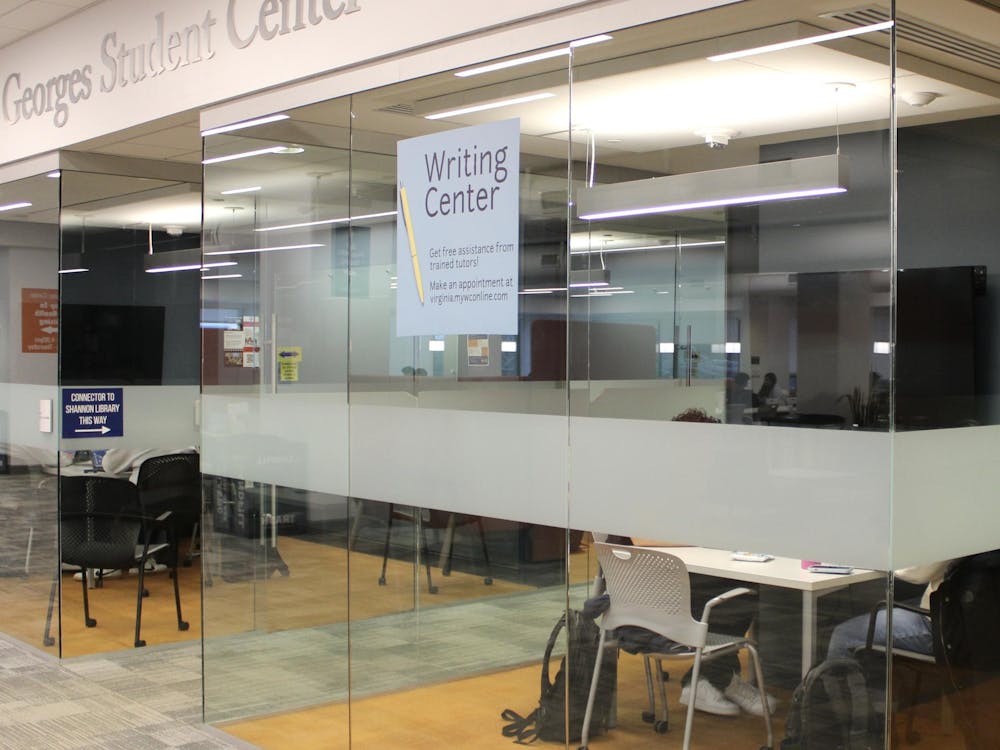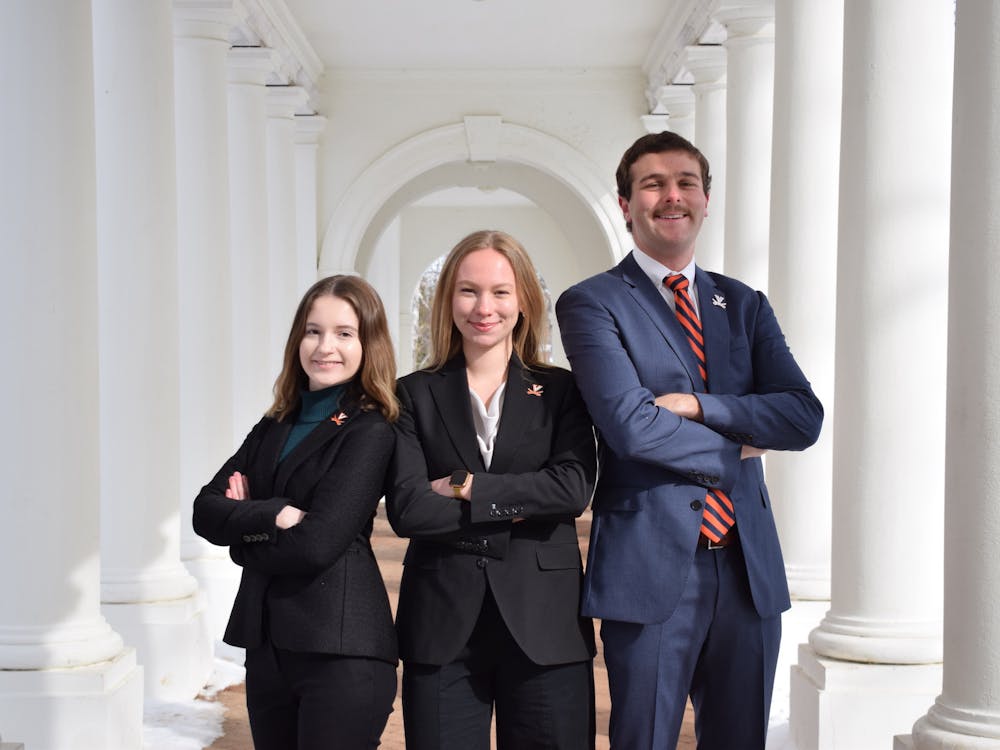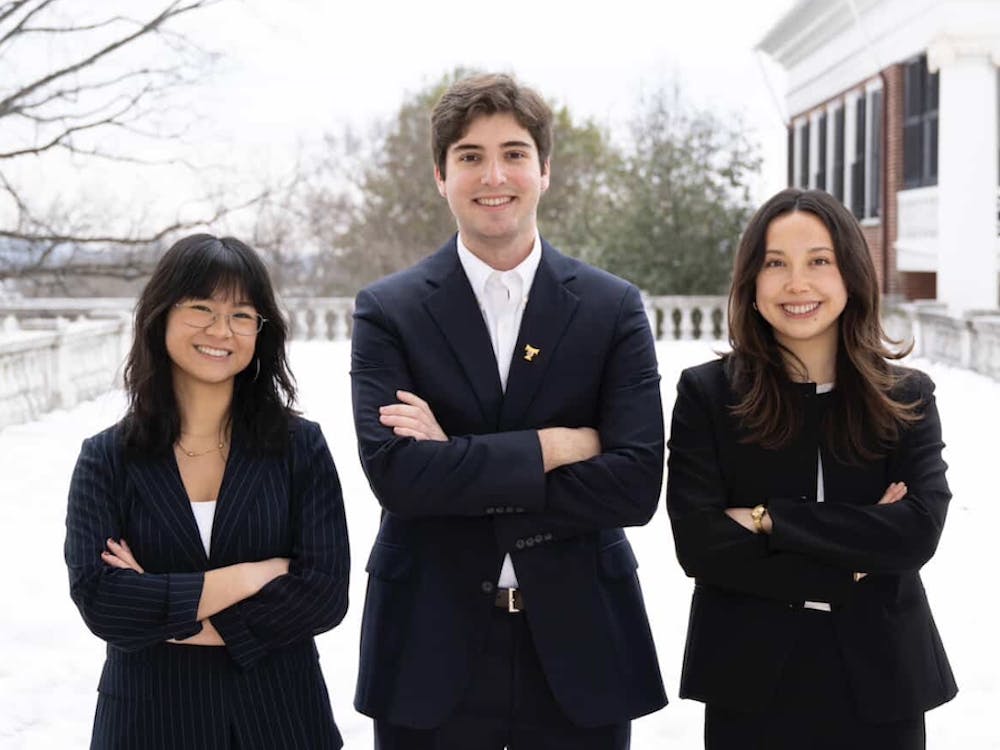Charlottesville City Council will consider a proposal next Monday for the creation of a new human rights commission to address concerns about fair housing and employment and to potentially enforce a new local anti-discrimination policy.
The proposal came from discussions within the Dialogue on Race, a committee which has been meeting regularly since 2009 to discuss discrimination issues in Charlottesville, said Walt Heinecke, a member of the committee and associate professor of education at the University's Education School.
The proposed commission will make permanent the work of the Dialogue on Race and try to enforce anti-discrimination laws "primarily on skin color," Charlottesville Mayor Dave Norris said.
Several nonprofit organizations agree there is a need for a commission but have a different vision for what the commission should look like.
"We think there is a real need ... to acknowledge that problems around fair housing and [fair employment] exist," said Joe Szakos, executive director for Virginia Organizing, an activist group which encourages grassroots participation in local issues. He is advocating for a commission which will work on enforcement but primarily focus on education, while looking for patterns in public discrimination.
Among the obstacles the committee could face is its ability to secure funding. For that reason, Heinecke wants to "make the commission the equivalent of the [Equal Employment Opportunity Commission] or [Department of Housing and Urban Development] in our community," which may provide some federal funding. Both organizations monitor and enforce federal laws which mandate workplace equality.
Nicholas Inzeo, the director of the Office of Field Programs at the EEOC, said local agencies, which handle about 100 cases per year, may apply to become Fair Employment Practice Agencies and enter into a contract with the EEOC to enforce employment discrimination laws in their locality.
"If the City of Charlottesville were to enact an ordinance which prohibits employment discrimination" and create an enforcement commission, "EEOC could recognize that entity as a [Fair Employment Practice Agency]," Inzeo said. "It can become a relationship where there is a contract in a short time," but that is not always the case, since consultations with state and county officials are necessary.
Charlottesville would not be reinventing the wheel, since there are already nearly 90 such agencies across the country, including ones for the city of Alexandria and the commonwealth of Virginia, which has jurisdiction in Charlottesville, Inzeo said.
Since most fair housing and employment discrimination laws are already enforced by the federal government, some have questioned whether the commission's enforcement work under the current proposal would be necessary.
"There are laws on the books and there are mechanisms for enforcing those laws," Norris said. "I'm more of the mind to say, 'Let's not get too far into the enforcement side' [without knowing the effectiveness of current mechanisms]."
Heinecke said the members of the Dialogue on Race had already conducted this type of background research.
"We met with the NAACP, we met with Virginia Organizing [and other agencies doing this work]," Heinecke said. "They all told us the current structure they are working under is inadequate."
Szakos said a local commission would be better able to handle the issue of housing and employment discrimination in Charlottesville.
"The closer you get to the problem, the better the solution," he said.
The federal law enforced by the EEOC, Title VII of the 1964 Civil Rights Act, calls for the creation of local entities to cooperate with the EEOC, Inzeo said.
Council members expressed concern about finding $300,000 in funding requested to hire staff for the proposed commission. Council member Kristin Szakos, the wife of Joe Szakos, noted tough fiscal times would make it hard to come up with the money.
"I am wholeheartedly for this thing," she said, but "I can't personally find what we [could] cut that is $300,000." Despite financial constraints, "I will certainly advocate for some money [to be appropriated]."
Norris reflected similar sentiments about the difficulty of finding funds.
Heinecke responded by saying equality should be a top priority for Council, despite budget constraints.
"If it's important enough to them, they'll find the money," he said.
Heinecke said one "compromise position" offered was to phase in the project gradually, while approving the anti-discrimination ordinance and the creation of the commission now.
Kristin Szakos said another alternative might be creating a fund "to hire an investigator when you need one," although Council has made no official decision and Council members have yet to discuss the matter in depth.






